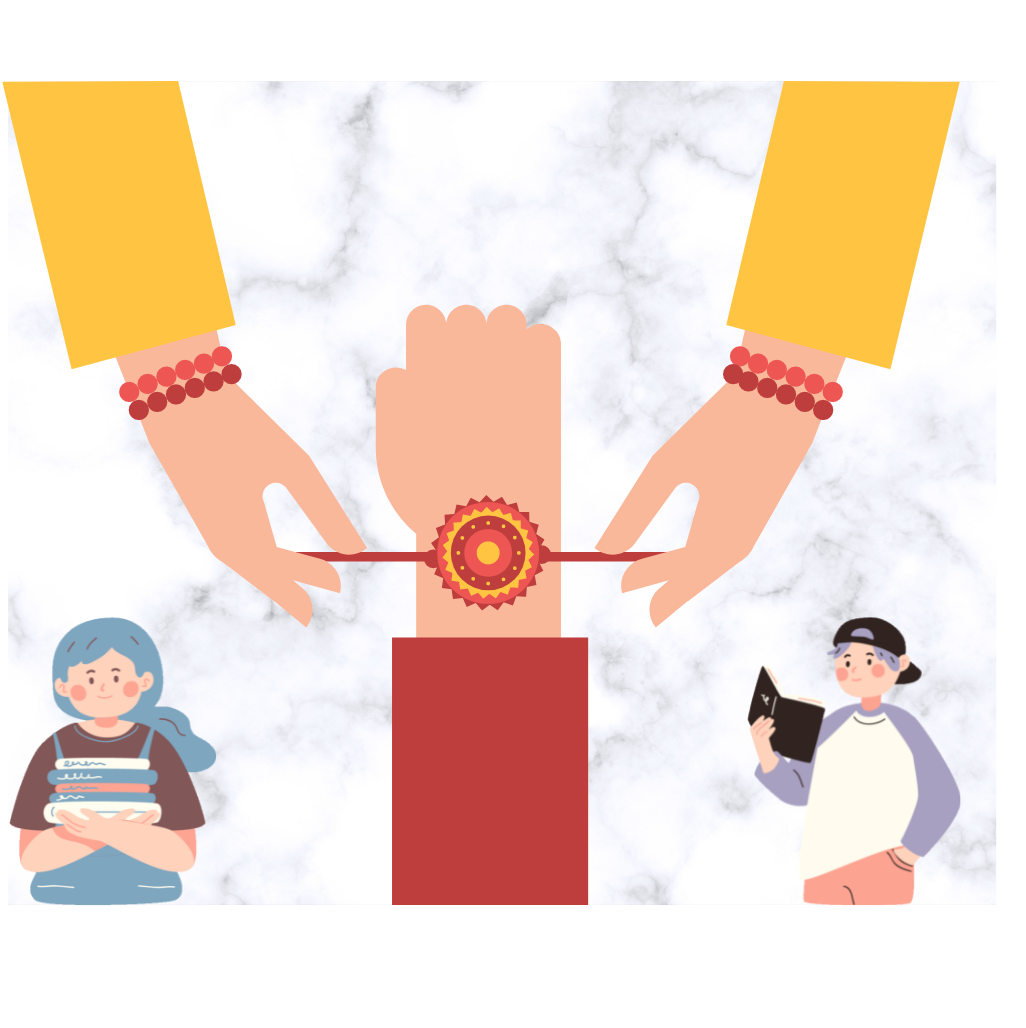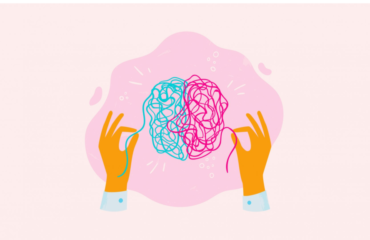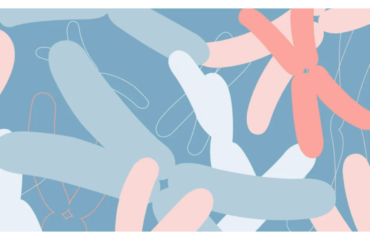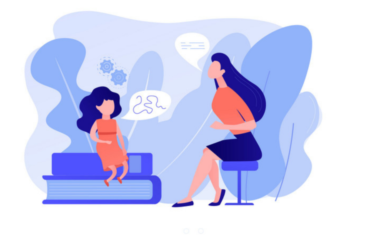
For generations, traditional social structures have found themselves closely wedded to the idea that psychological differences are aberrations that threaten the longevity of a ritual and are harmful to “traditions”. The idea of neurodiversity did not fit into the narrative of “culture”.However, prevalent social rituals such as Raksha Bandhan have paved the way for the idea of harmonious codependence.
Why is Raksha Bandhan celebrated ?
Initially, Rakhsha Bandhan was meant to celebrate the bond of brother and sister. The performative tying of a rakhi signified that the sister was handing over the responsibility of her protection to the brother. What once started as the symbol of requisite male protection, has now slowly evolved. It has transformed into the figurative idea of ensuring the safety and comfort of individuals. Safety that transcends age, gender or social position.
It is usually quite tough to wrap our heads around the idea that a sibling relationship in which one of the siblings is neurodivergent can be mutually nurturing. The popular idea that the neurotypical sibling usually has to bear the burden of the relationship is often false. ” He has made me value every small thing in life. He has given my life a purpose and made me a patient and kind person, “says the sibling of a neurodivergent individual.
Unique Bandhan
The bond of siblings is usually quite different from any other relationship dynamic that we share with other people. Filled with occasional fights and limitless love, it’s a relationship that is based on mutual respect and trust. However, for individuals with neurodivergent siblings, it’s much more than that. The path to unity and establishing an inclusive relationship starts with the acknowledgement. Acknowledgement of the fact that there are differences, the elimination of which is beyond their control. Then comes acceptance. Acceptance of the fact that “different” does not always mean “ defective”. Confronting their own biases regarding what is “normal” and what is not and constantly trying to keep oneself updated. The concept of protection for such relationships transcends the idea of physical protection. It involves a plethora of emotional responsibilities. it involves protecting their siblings from stigmas and social biases.
Recognition of struggle
In an effort to recognise the struggles of neurodivergent individuals and promote inclusion, we suffer from some hiccups. We often turn a blind eye to the complexities and struggles of people who have neurodivergent siblings. Striking a fine balance between living their own life, communicating their own needs and doing everything in their power to help their sibling lead a comfortable life — can become quite difficult. The fear of judgment and guilt that comes with being the sibling of someone that society regards as “normal” might often have a long withstanding impact on their mental health and can affect their daily lives. It is crucial to recognise that experiences are unique. They are dynamic. As a result, some siblings might be enriched and manage challenges well, while others might need support.
The bond of siblings is characterised by silly moments of fun and fight. Be it making the morning chai together or going on long drives, bonds such as these are filled with love. Just because neurodiverse individuals do not communicate or respond to social cues which are deemed to be the “norm”, does not mean they are incapable of empathy, love or affection. Neurodivergent siblings can often teach some invaluable lessons. They teach individuals to be more understanding and empathetic and push the cause of inclusivity in all aspects of life.
Our founder, Shreya Jain’s brother, who has autism, has been the biggest driving force behind her starting Reservoir. She wanted to create a safe place for all neurodivergent individuals and spread awareness regarding neurodiversity. Click on this link to know more.




You must be logged in to post a comment.